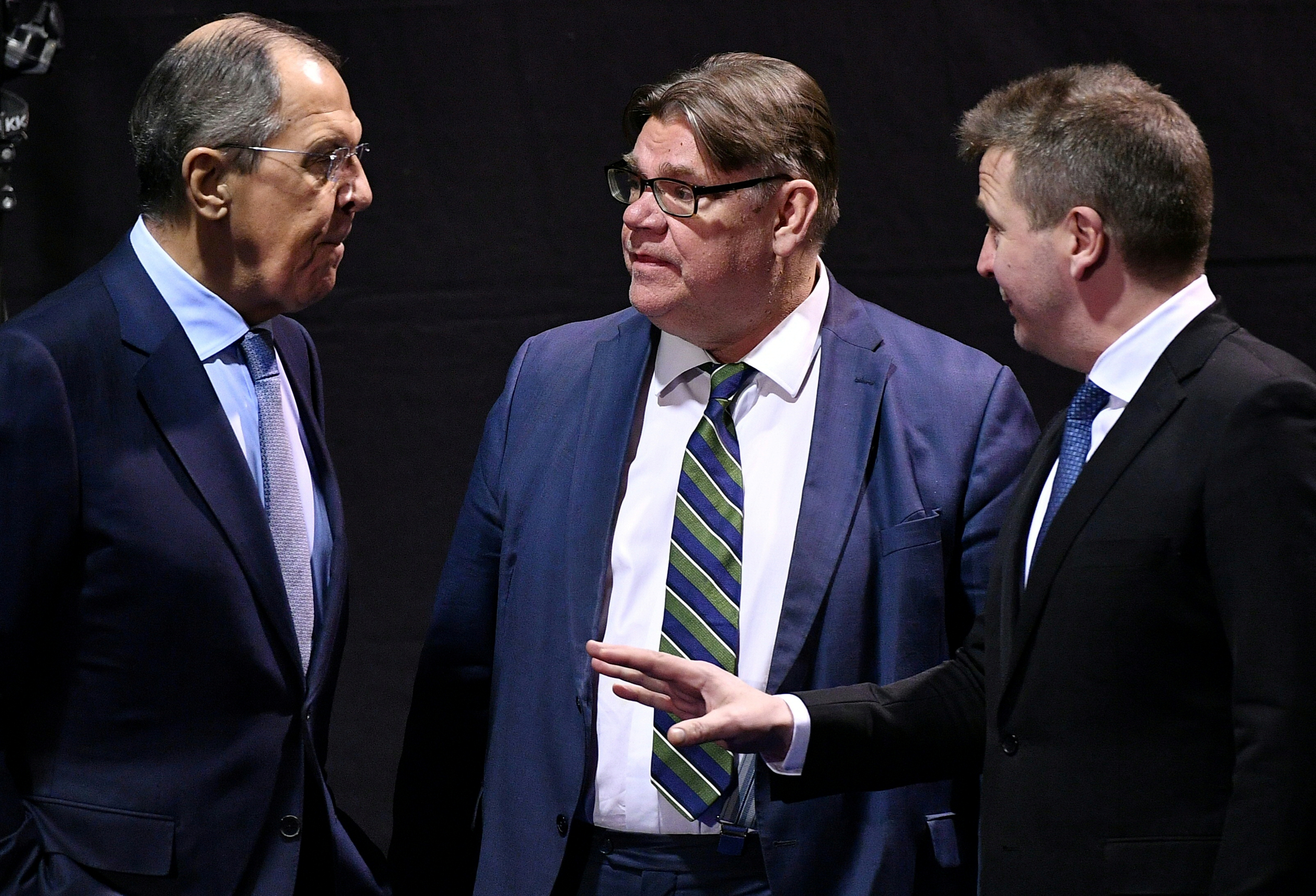Did Finland fail as Arctic Council chair?
Finland’s Arctic Council chairmanship ended without a final declaration. Butt, assessed as a whole, though, how did its two-year chairmanship go?

The chair of the Arctic Council organises the meetings of the Sustainable Development Working Group and the Senior Arctic Officials as well as the ministerial meeting that concludes the chairmanship period. It is the skill of the chair to listen carefully to all the members of the Arctic Council. Each member state must accept all decisions. These decisions are made by consensus. The member states will also listen closely to what the indigenous organizations that are permanent participants in the Arctic Council have to say about the decisions being devised.
Finland succeeded in convincing the member states and Arctic indigenous organizations of the importance of the priorities recorded in its chairmanship program. Developing a viable Arctic region was essential to Finland. Investing in teacher training, improving digital communications, deepening meteorological cooperation and developing environmental impact assessments were carried out successfully. These are important for the activities of the Arctic Council and for the development of the Arctic region in general.
Finland was not able to do everything that it was mandated to do by the declaration of the Fairbanks ministerial meeting in 2017. Finland’s tasks included, among other things, leading the work to make it possible to establish the terms of reference for a possible marine commission. It was felt that the council should carry out a more ambitious maritime policy. The Arctic Ocean is melting due to climate change and there is a need to prepare for increasing maritime traffic. However, no consensus was found, so it was not possible to take forward the idea of a marine commission.
[For the first time ever, an Arctic Council ministerial meeting has ended without a joint declaration]
Donald Trump’s election as U.S. President affected the entire Finnish Chairmanship. Already at the Fairbanks meeting, the then Secretary of State Rex Tillerson questioned the entire Fairbanks Declaration, which included references to the Paris Climate Agreement. After intense discussions, the diplomats and foreign ministers of other member states managed to convince the United States that the declaration could be accepted. For Finland, this was important because it also gave a mandate to Finland to promote climate work and the U.N.’s sustainable development goals during its chairmanship.
However, the imprint of Trump’s administration became more and more visible as the Rovaniemi ministerial meeting was approaching. I witnessed this at first hand when I chaired the Social, Economic and Cultural Expert Group during the chairmanship. In other forums, President Sauli Niinistö has successfully raised the issue of black carbon, but the work of the Expert Group on Black Carbon and Methane became more and more onerous. Although the work continues and black carbon emissions will be reduced in the United States as well, the country no longer wants to subscribe to common emission reduction targets. Nor does the United States see this work as a means of combatting climate change, but of protecting human health from air pollution. For the current U.S. administration, climate change does not exist.
The U.S. disgruntlement culminated at the Rovaniemi ministerial meeting. The attempts to draft a final declaration continued until the end, but the United States was not ready to approve of a document that would mention climate change. The other member states, for their part, did not want to water down their own climate views. Why would they have approved of a declaration that would not mention an issue that will dramatically change the region?
[As Finland prepares to take over Arctic Council, Trump presidency has some worried about its future]
As the chair, Finland found a solution to continue the work of the council. The member states adopted a joint statement, and the chair stated which matters the members agreed on, and what they disagreed on. While this compromise makes it possible for the Arctic Council to continue its work, the current U.S. administration is likely to oppose many aspects of the climate work that the council does. This is a serious matter, because much of the Arctic Council’s activities are related to climate change in the region.
The Finnish chairmanship did not get the ending it would have deserved in the form of a ministerial declaration. However, Finland succeeded as well as was possible in the current world situation. Finland was not able to promote its own priorities, we introduced many best-practices in the work of the Arctic Council, and we reconciled the opposing views of the member countries as best as it could. In an organ based on consensus, the chair has to proceed according to what is possible for all the members. The current U.S. administration, skeptical about climate change, blocked the declaration. We can hope that this will not have any long-term effects on the climate work in the council.
The author is a a research professor and the director of the Arctic Centre at the University of Lapland.
Originally published in Finnish by the newspaper Kaleva on May 12, 2019. An English version appears on the website of the Arctic Centre at the University of Lapland. Republished here with the permission of the author.